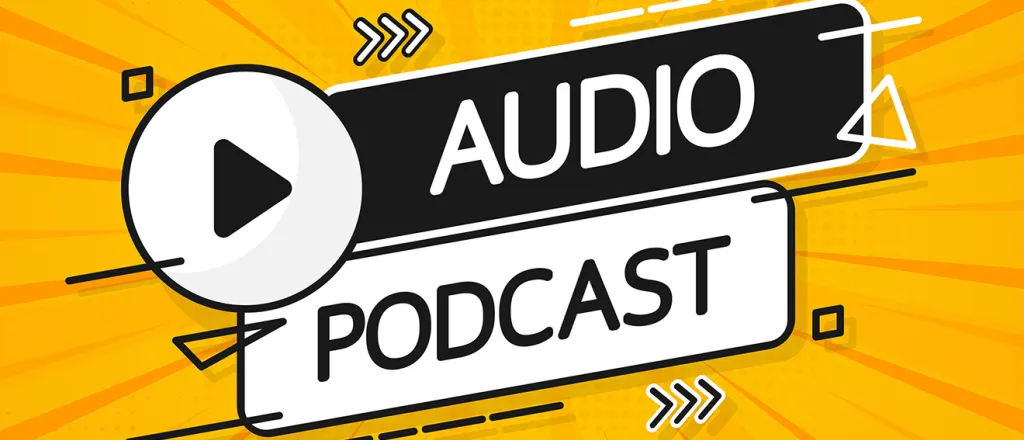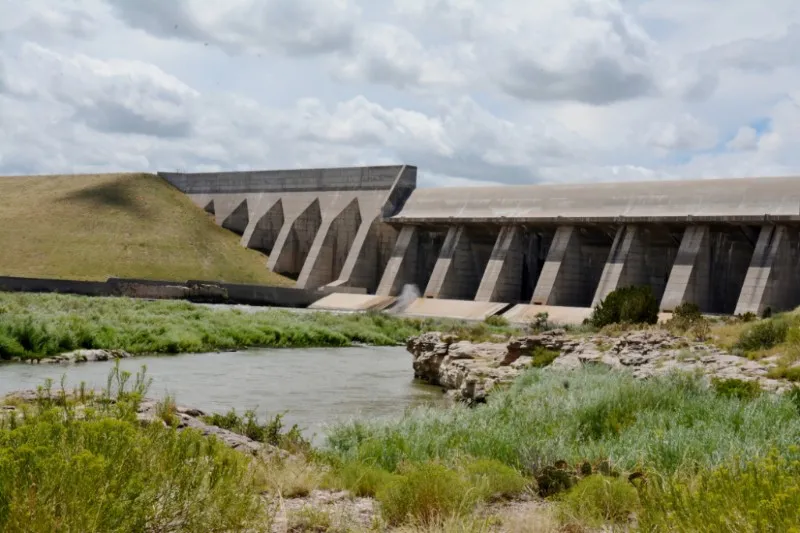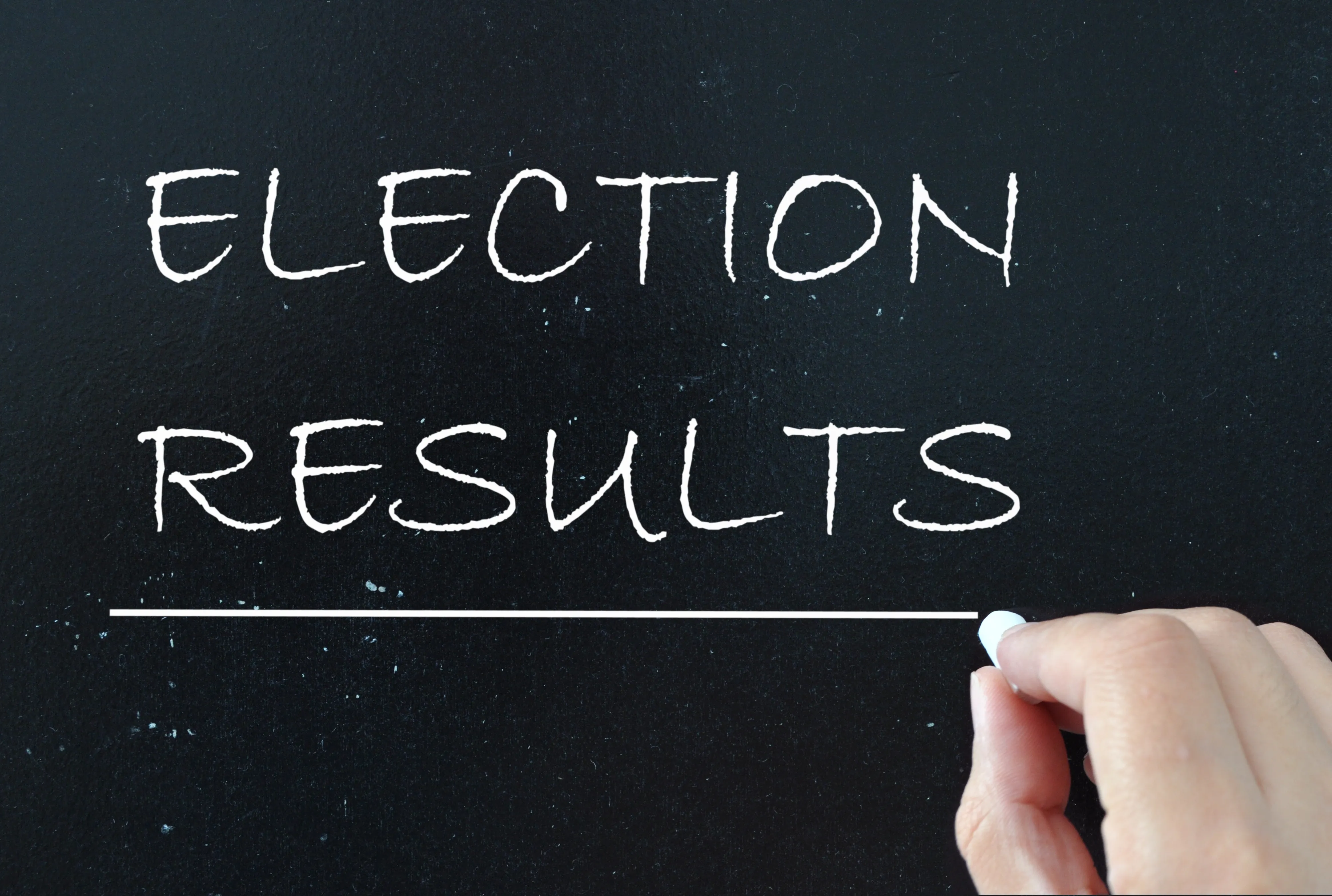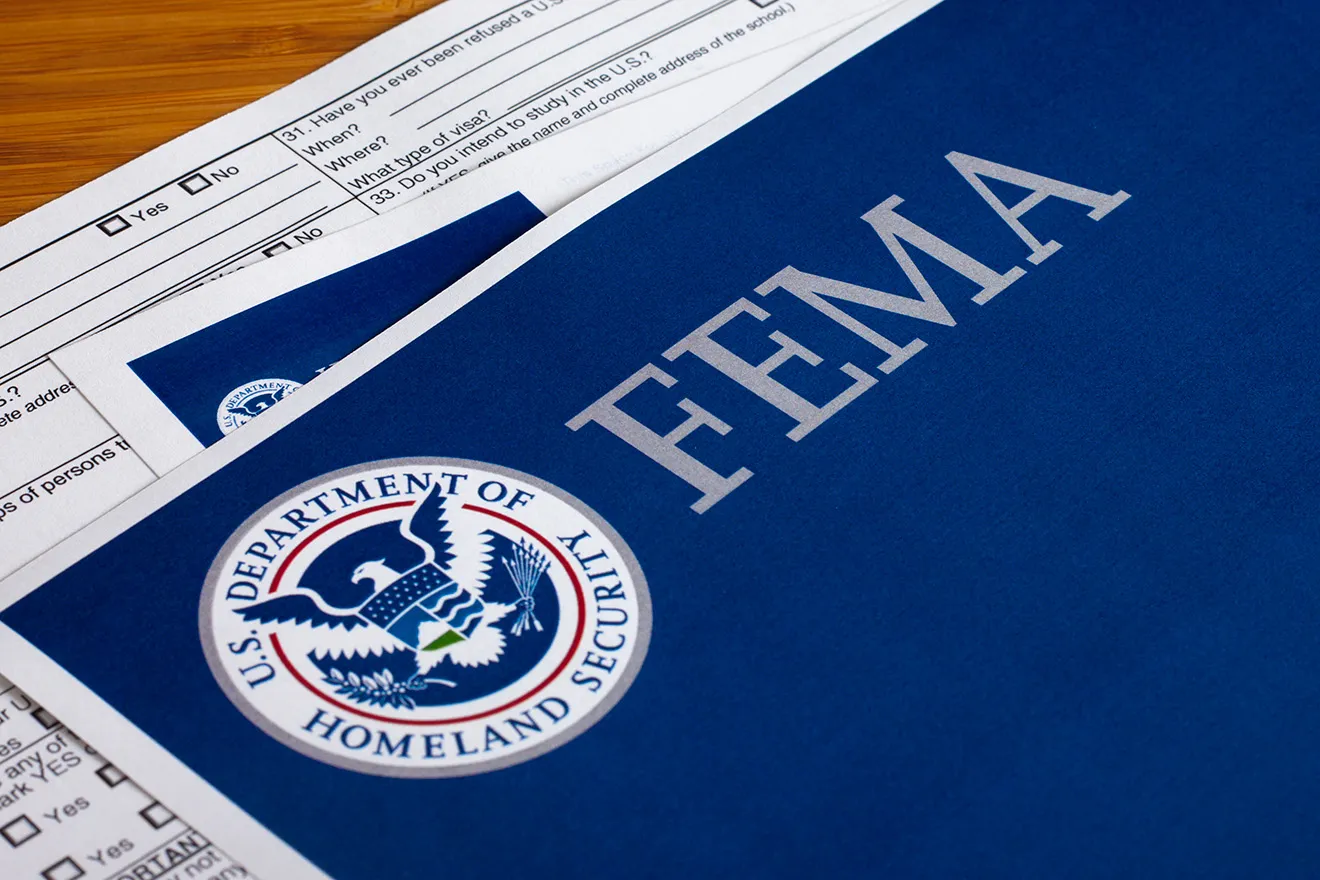
Daily Audio Newscast - February 27, 2024
News from around the nation.
North Dakota makes the grade in a national report evaluating public school support; SCOTUS justices express free speech concerns about GOP-backed social media laws; New Hampshire "kids on campus" program boosts retention; proposed law bans hemp sales to Hoosiers younger than 21.
TRANSCRIPT
(upbeat music) - The Public News Service Daily Newscast, February the 27th, 2024.
I'm Mike Clifford.
First to North Dakota, a state that is sometimes swept up in national rhetoric about public schools.
However, North Dakota fares well.
In a new report, looking at how much it prioritizes public education. - The National Advocacy Organization Network for Public Education ranks North Dakota first in the country for things like fending off efforts to fund private school vouchers and prohibiting charter schools.
Nick Archuleta of the Teachers Union North Dakota United feels the report's findings are spot on. - We educate every kid that walks, runs, rolls, or gets carried through a schoolhouse door.
And that is our obligation, but that's also our privilege. - Last year, Governor Doug Burgum vetoed a bill for private school vouchers.
Archuleta says he wouldn't be surprised to see similar efforts when lawmakers reconvene in 2025.
At that point, there will be a new governor in place with Burgum not seeking re-election.
School voucher bills have been popular in conservative-led states, with supporters arguing they give families a choice that fits their educational needs.
I'm Mike Moen. - In separate findings from US News and World Report, North Dakota ranks 36th in the nation for pre-K education.
Now from NBC News, the Supreme Court Monday grappled with a not a free speech question as it weighed laws in Florida and Texas that seek to impose restrictions on the ability of social media companies to moderate content.
After almost four hours of oral arguments, a majority of the justices appeared skeptical that states can prohibit platforms from barring or limiting the reach of some problematic users without violating their free speech rights.
At the same time, NBC reports that justices from across the ideological spectrum raise fears about the power and influence of big social media platforms like YouTube and Facebook.
And you might say that every day is bring your child to college day in New Hampshire at the Manchester Community College. - On-campus childcare programs are helping to retain students and provide others with hands-on work experience.
Students can apply for a regular childcare slot or Head Start, which offers comprehensive education, health and nutrition services to low-income families.
Early childhood education professor, Kerry Marshall, says the programs can help remove barriers to higher education. - You know, your child can just come right here with you.
You can go to your classes, you can go to the library.
Sometimes they'll go and work and then come back and get their child. - Research shows that access to affordable childcare is linked to higher graduation rates among college students with children.
Marshall says the campus location also offers other students real-world work experience at a time when childcare workers are in high demand.
I'm Catherine Carley reporting. - Nearly one quarter of college students are raising children, but fewer than a hundred community colleges offer a Head Start classroom on the side.
This is Public News Service.
The clock is now ticking for a proposed bill regulating hemp products in Indiana.
We get more from our Joe Ulori. - GOP representative, Jake Teshka of South Bend authored House Bill 1079.
It overwhelmingly cleared the House during the first half of the current legislative session and is under consideration in the Senate.
The proposal aims to clamp down on regulations by banning sales of hemp-based products to anyone younger than 21, improving product safety testing and creating penalties for those who don't follow the law.
Shadi Corey owns Doty Hemp Products, which is based in Indianapolis.
He supports the bill. - I sell my products to hundreds of stores across the state.
We just wanna be able to have a conversation and not get stonewalled one more year. - Corey says current ambiguous legal framework surrounding the industry creates uncertainty for everyone.
Opponents call some hemp products marijuana-lite and argue that approval takes Indiana one step closer toward legalizing pot. - And a North Carolina nonprofit is filling in the gaps for families that cannot access federal weatherization funds.
We get more in this Energy News Network, Solutions Journalism, North Carolina News Service collaboration. - While nearly $5 million in funding is available for weatherization in the southwestern part of the state, only about 440 single-family homes are expected to benefit.
This leaves about 18,000 people in energy-inefficient homes.
However, Hannah Egan with Greenbelt Alliance says their Energy Savers program in Buncombe County is working to reduce this burden by making energy upgrades in homes. - Being in Appalachia, in a very rural area, there are lots of mobile homes that are known to be very inefficient.
And when people in our community do not have the means or resources, things can deteriorate pretty quickly. - Greenbelt Alliance attends community events and farmers markets to identify those in need.
Shantia Hudson reporting. - Finally, a cooperative effort seeded more than 26,000 acres in Eastern Nevada. - Neil Frakes with the Bureau of Land Management says the initiative was a joint effort among the BLM, the Nevada Department of Wildlife, and the Eastern Nevada Landscape Coalition.
Frake says seeding can help stabilize ecological conditions after a fire, starting with soil. - We use the soil survey information to look at what are the most common soil types in the burn.
And from that, we can look at the ecological site descriptions that are correlated with those soils.
And we can use that information to figure out what species are best adapted to those sites. - I'm Alex Gonzalez reporting. - Experts say previously burned areas are more susceptible to burning again due to invasive grass species, such as cheatgrass.
This is Mike Clifford for Public News Service.
Remember, enlist your support.
Here's our radio stations, big and small, your favorite podcast platform.
Find our trust indicators at publicnewsservice.org.















